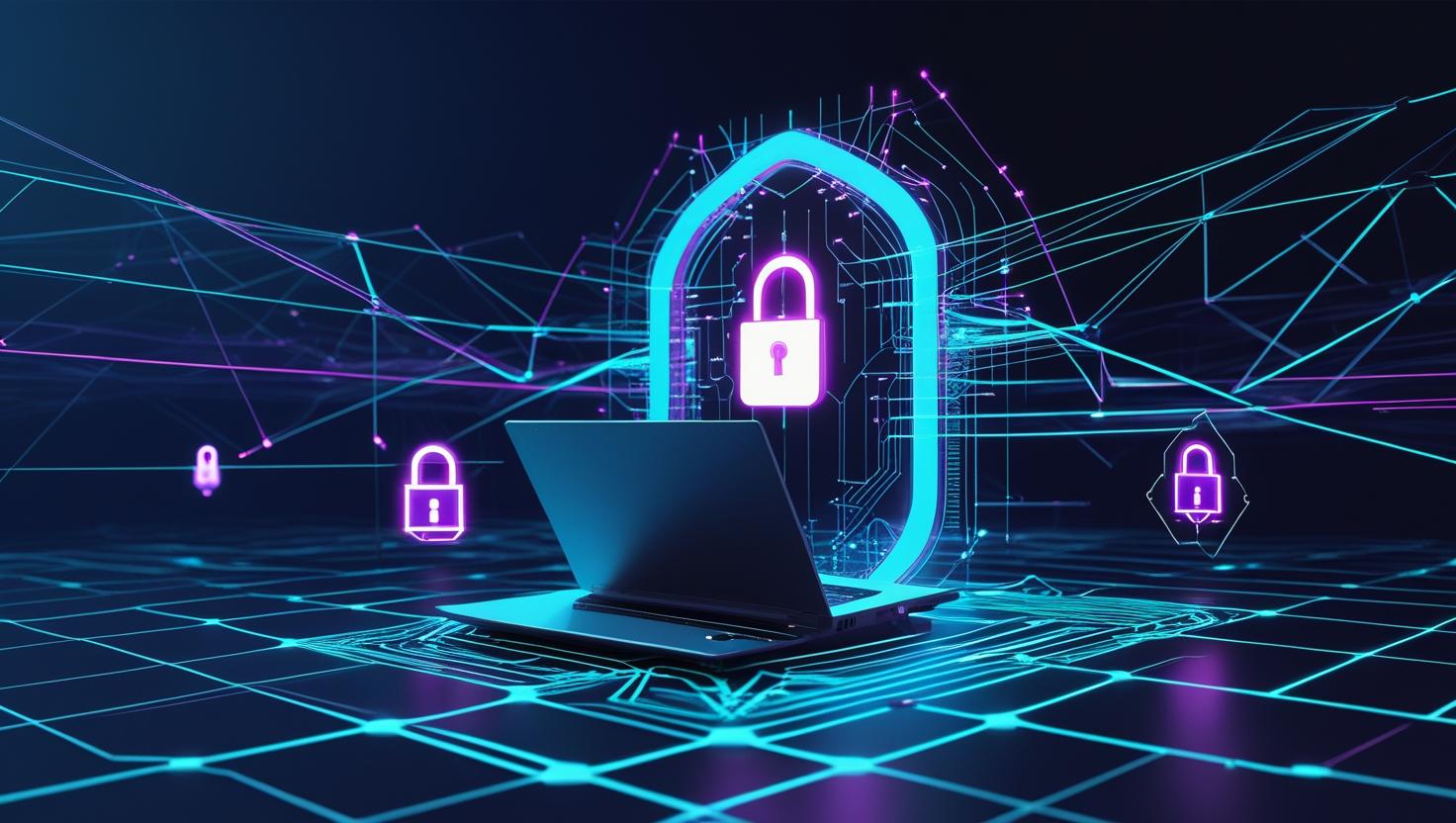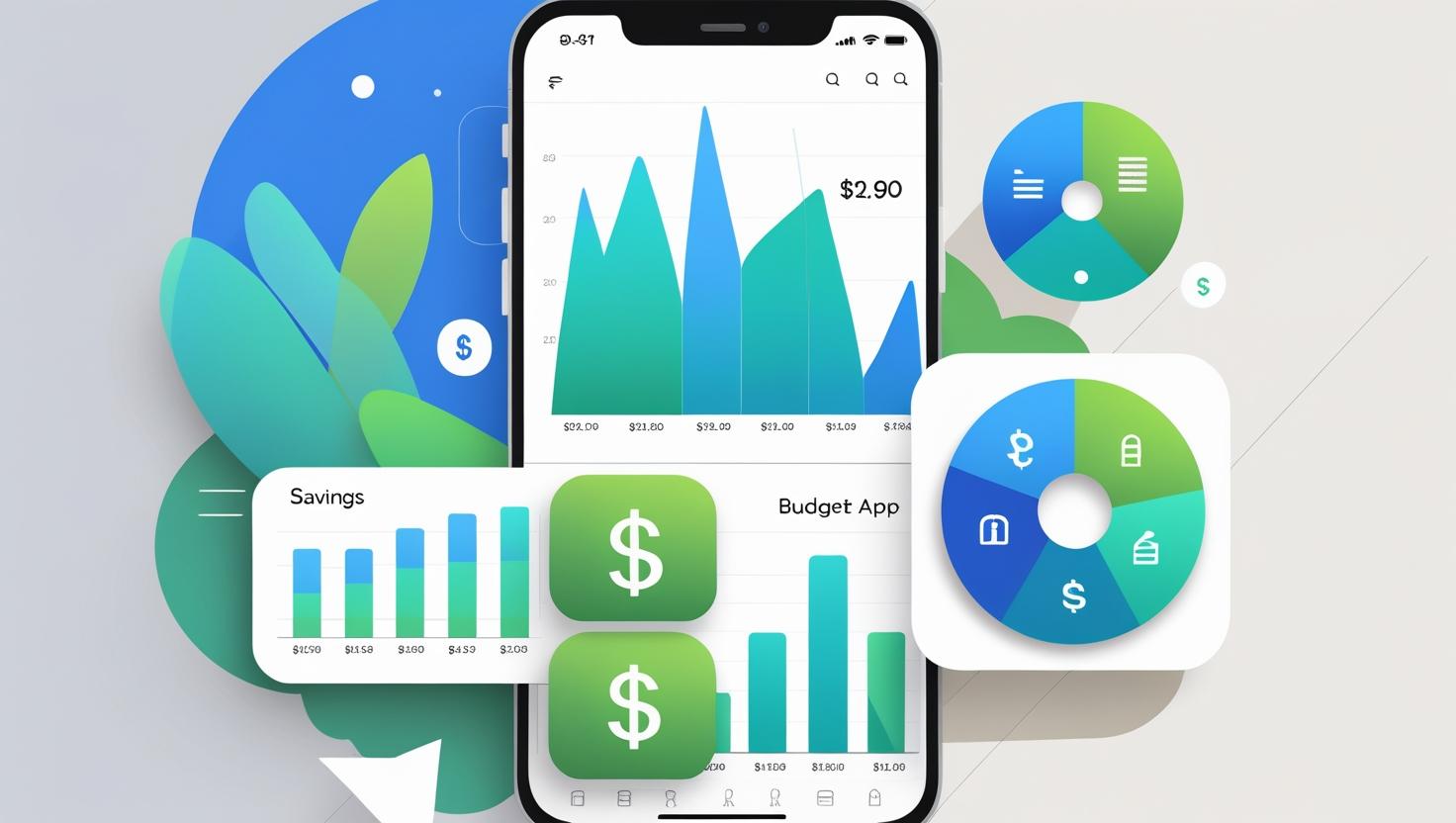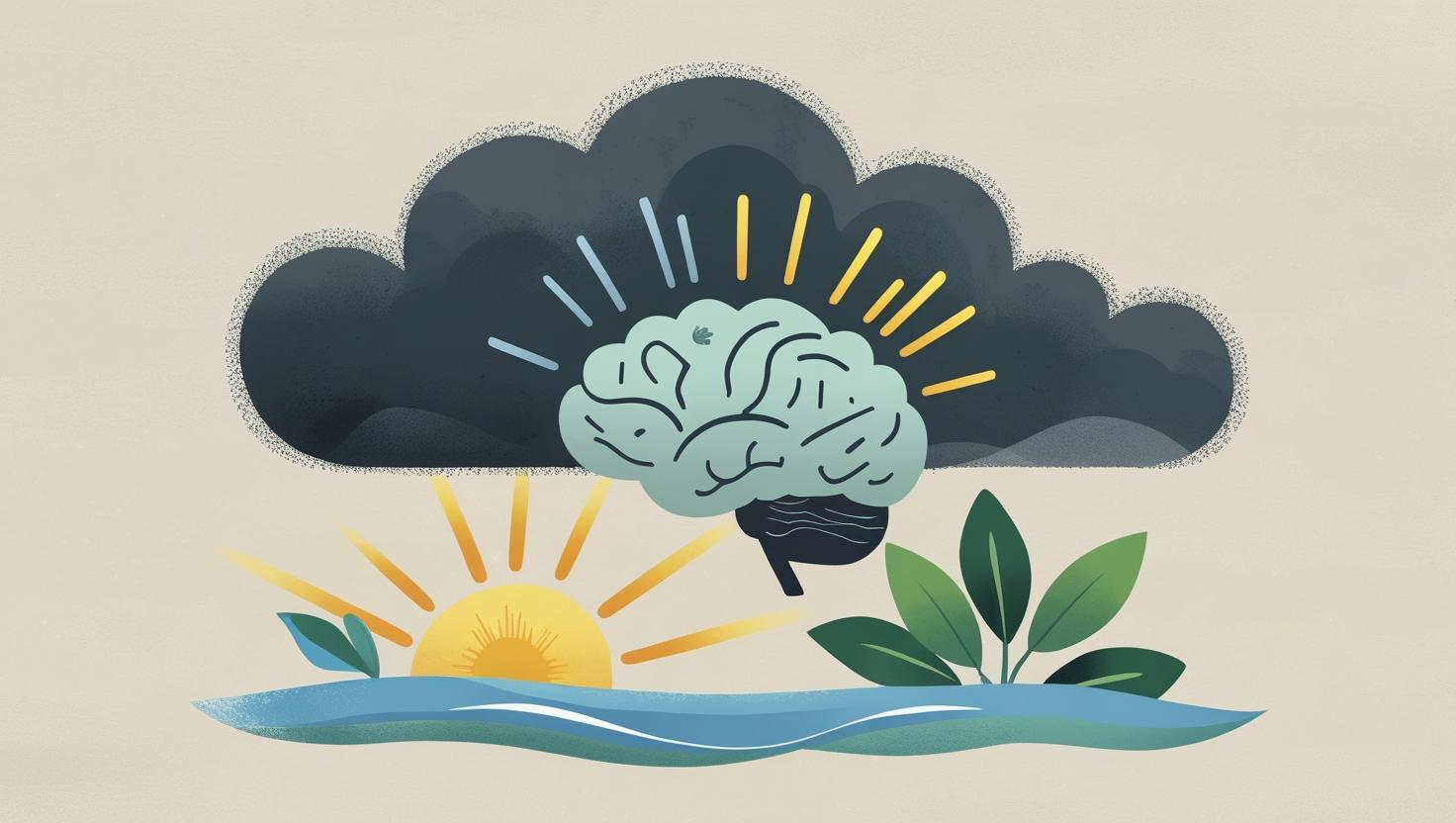In the age of digital surveillance, geo-restrictions, and rising cybercrime, many people are turning to VPNs. But the big questions remain: Are VPNs safe? And more importantly, are VPNs worth it in 2025?
This in-depth guide will break down what VPNs are, how they work, their pros and cons, and whether they deserve a spot in your digital toolkit this year.
What Is a VPN?
A VPN (Virtual Private Network) creates a secure, encrypted connection between your device and a remote server. It hides your IP address, masks your location, and encrypts your data as it travels through the internet.
This means that your online activities become private, anonymous, and harder to track by ISPs, hackers, or even government agencies.
Are VPNs Safe?
Let’s get this straight—not all VPNs are equally safe. Some offer military-grade encryption and a zero-logs policy, while others might log your activity or inject ads into your browsing sessions.
Here are key features of a safe VPN:
- Strong encryption (AES-256-bit is standard)
- No-logs policy (audited by third parties)
- DNS leak protection
- Kill switch to cut off internet if VPN drops
- Based in a privacy-friendly jurisdiction
Reputable VPNs like NordVPN, ExpressVPN, and ProtonVPN are considered secure by cybersecurity experts. They follow strict data privacy laws and maintain robust technical infrastructure.
Are Free VPNs Safe?
Many people ask if free VPNs are worth it. The short answer: free VPNs often come with significant risks.
Common issues include:
- Data logging and selling user info
- Slow speeds and throttled bandwidth
- Invasive ads and potential malware
- No real customer support or transparency
While there are a few trustworthy free VPNs with limited features (like ProtonVPN’s free tier), for real security and performance, paid VPNs are safer and more reliable.
Are VPNs Worth It?
Whether or not a VPN is worth it depends on your online habits, privacy needs, and threat model. That said, for most internet users in 2025, the answer is a resounding yes.
Here’s why VPNs are worth it in today’s digital world:
- Protect your privacy on public Wi-Fi
- Bypass censorship in countries with internet restrictions
- Stream content from other regions (e.g., Netflix, BBC iPlayer)
- Avoid price discrimination on flights and services
- Keep your browsing anonymous from ISPs and marketers
As governments and corporations ramp up surveillance, VPNs are quickly becoming an essential part of internet hygiene.
When a VPN Might Not Be Necessary
VPNs are great tools, but they’re not always needed. If you:
- Already use a private browser like Tor
- Don’t care about location-based content
- Aren’t concerned about ISP tracking
- Only browse secure HTTPS websites at home
…then you might not need a VPN full-time. But even so, it’s wise to have one installed for travel or sensitive browsing sessions.
VPN Myths Debunked
Myth 1: VPNs make you 100% anonymous.
Truth: VPNs improve anonymity, but complete anonymity also requires using private browsers, not logging into personal accounts, and avoiding social media tracking.
Myth 2: VPNs slow down your internet dramatically.
Truth: Good VPNs offer fast servers. In many cases, speeds drop only slightly—and you gain much more in return.
Myth 3: Only criminals use VPNs.
Truth: Journalists, businesses, travelers, and everyday users all use VPNs to protect themselves. It’s a privacy tool, not a red flag.
How to Choose the Best VPN in 2025
With hundreds of VPNs on the market, choosing the right one can be overwhelming. Here’s what to look for in a **VPN worth paying for**:
- No-logs policy backed by audits
- Fast speeds for streaming and browsing
- Global server network (especially in your target region)
- Multi-platform support (Windows, Mac, iOS, Android, browser extensions)
- Strong encryption and protocols (WireGuard, OpenVPN)
Popular picks in 2025 include:
- NordVPN: Best for security and speed
- Surfshark: Affordable and great for multiple devices
- ExpressVPN: High performance and privacy
- ProtonVPN: Transparent, privacy-first VPN from Switzerland
VPNs and Streaming in 2025
One of the biggest reasons people ask, “Are VPNs worth it?” is because of geo-restricted content. Want to watch a show only available in the UK while living in the US? A VPN can make that happen.
In 2025, streaming platforms are fighting back harder with VPN detection, but top providers have adapted. Many VPNs now offer **streaming-optimized servers** that bypass these blocks reliably.
Are VPNs Legal?
In most countries, VPNs are completely legal to use. However, using a VPN to perform illegal actions (e.g., piracy, hacking) remains illegal regardless of your connection method.
Countries like China, Russia, Iran, and North Korea may restrict or block VPN use. Always check your local laws before using a VPN in restricted areas.
Combining VPNs With Other Privacy Tools
To achieve maximum online privacy, many users combine a VPN with tools like:
- Brave browser or Tor
- Encrypted messaging apps (Signal, Threema)
- Password managers (Bitwarden, 1Password)
- Antivirus/firewall software
Think of a VPN as one layer of your privacy shield. It’s powerful, but best when paired with other security practices.
Are VPNs Safe and Worth It?
Are VPNs safe? Yes—if you choose a reputable provider with strong encryption and a clear no-logs policy.
Are VPNs worth it? Absolutely. In 2025, with growing data surveillance, geo-restrictions, and public Wi-Fi risks, having a good VPN is like wearing a digital seatbelt. It’s a smart, affordable investment in your online security and freedom.
Make sure to research your options, choose wisely, and browse the internet with peace of mind.



